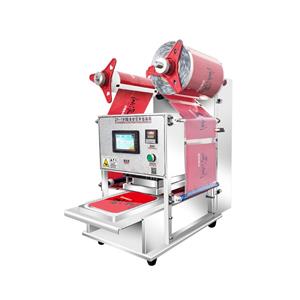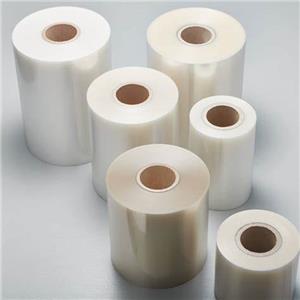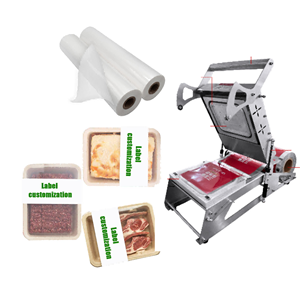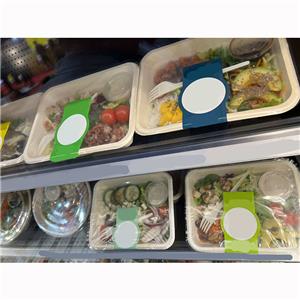biodegradable 2oz bagasse sauce cup inspection of goods
Customer Background
Mr. Wang is the procurement manager for a chain restaurant known for its commitment to providing healthy and environmentally friendly dining services. With increasing awareness of environmental issues, Mr. Wang's company is actively seeking sustainable packaging alternatives to reduce plastic usage and enhance its brand image.
Needs Analysis
The restaurant chain uses a significant amount of disposable tableware and packaging materials daily, including various sizes of sauce cups. While traditional plastic sauce cups are inexpensive, they do not align with the company's eco-friendly values. Mr. Wang aims to find an eco-friendly, biodegradable sauce cup to replace the existing plastic ones.
Product Selection
After conducting market research, Mr. Wang discovered that 2oz bagasse eco-friendly sauce cups met their requirements. These cups, made from bagasse (a by-product of sugarcane processing), offer several advantages:
Eco-Friendly Material: Bagasse is a renewable resource that reduces environmental impact during production.
Biodegradable: The cups decompose naturally, reducing landfill waste.
Safe and Hygienic: They comply with food safety standards and do not release harmful substances.
Functional: They are heat-resistant and grease-proof, suitable for various sauces.
Purchase Decision
Mr. Wang contacted several suppliers and ultimately chose our that provided high-quality bagasse eco-friendly sauce cups. We not only ensured a stable supply but also offered customization services, such as printing the company logo, to enhance brand visibility.
Implementation Process
Trial Phase: Mr. Wang initially ordered a small batch of samples for trial use in a few restaurant locations. Both employees and customers provided positive feedback, indicating that the eco-friendly sauce cups were a viable replacement for plastic ones.
Bulk Purchase: Following the successful trial, Mr. Wang proceeded with a large-scale purchase to ensure that all restaurant locations could transition to the eco-friendly sauce cups.
Employee Training: Employees received training on the use of the new sauce cups and their environmental benefits, raising awareness about the company's sustainability efforts.
Marketing and Promotion: The company promoted its eco-friendly initiative through in-store displays and social media, enhancing its brand image and customer loyalty.
Outcomes and Feedback
After a period of implementation, Mr. Wang observed several positive changes:
Cost Control: Although the unit price was slightly higher, bulk purchasing and reduced environmental penalties balanced the overall costs.
Brand Enhancement: Customers appreciated the company's eco-friendly measures, which improved the brand's reputation.
Employee Satisfaction: Employees felt proud to participate in the environmental initiative, boosting their morale.
Market Competitiveness: The company gained a competitive edge by appealing to environmentally conscious consumers in a market increasingly aware of sustainability issues.
Conclusion
By selecting and implementing 2oz bagasse eco-friendly sauce cups, Mr. Wang's restaurant chain successfully upheld its environmental commitment while significantly enhancing its brand image and market competitiveness. This case study demonstrates the feasibility and importance of sustainable packaging in the food service industry, providing a valuable reference for other businesses.




